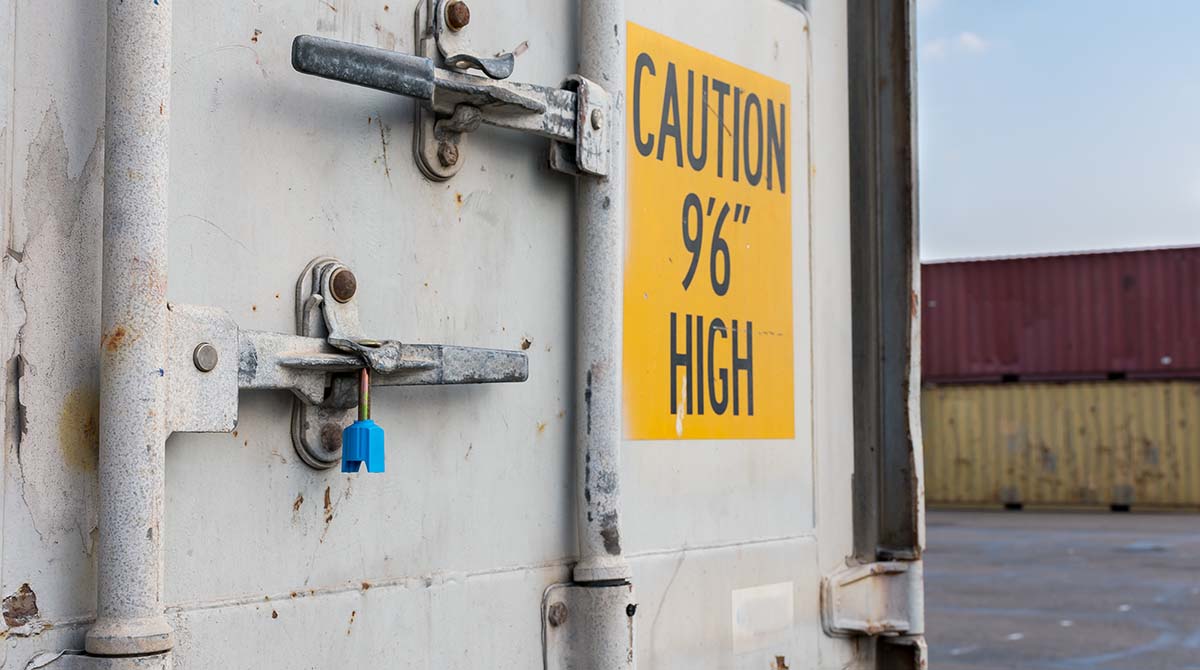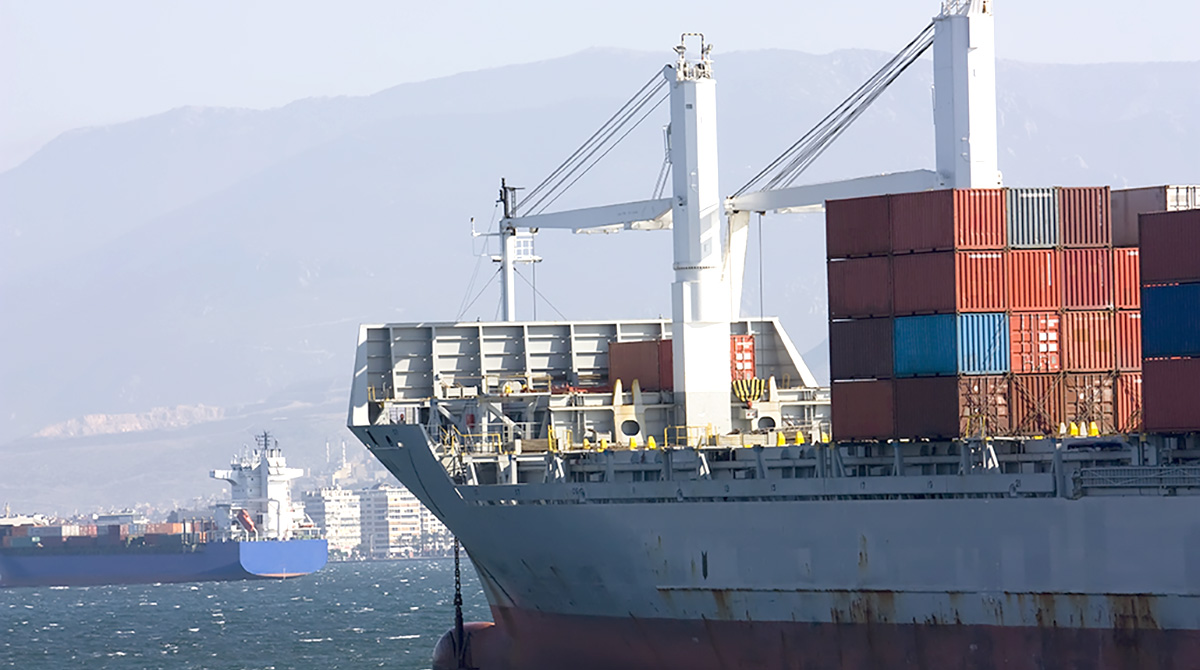African ports are becoming increasingly significant in global trade, with major hubs like Lagos, Tema, Abidjan, Durban, and Mombasa handling growing volumes of containerized and bulk cargo.

However, this growth has been accompanied by a rise in cargo theft and fraud, posing financial and reputational risks not only for cargo owners but also for shipowners and charterers. Recent incidents highlight organized and sophisticated theft. Common methods include:
- Document fraud: falsified bills of lading, cargo release notes, or delivery orders used to claim cargo unlawfully.
- Terminal infiltration: criminals colluding with port employees to access restricted areas or intercept containers.
- Cargo substitution or theft: partial or complete removal or theft of goods during transit or after discharge.
While cargo theft is primarily a risk for cargo interests, shipowners and charterers may face exposure to mis-delivery claims, shortages, or damage, as well as reputational harm. To reduce risk, Members are advised to adopt the following measures:
- Document controls: verify bills of lading and delivery orders, cross-checking with trusted agents.
- Cargo security: use seals for sealing holds and containers in combination with track systems for high-value or easily disposable goods.
- Updated local intelligence: request port-specific updates from local agents.
Cargo theft and fraud remain persistent challenges in several African ports, and the financial and reputational risks for shipowners and charterers should not be underestimated. By maintaining vigilance, tightening document and delivery controls, and working with trusted local partners, Members can reduce their risks. NNPC and its network of local correspondents is available to assist Members when necessary. Members are invited to contact claims@nnpc-marine.com for advice and assistance.



